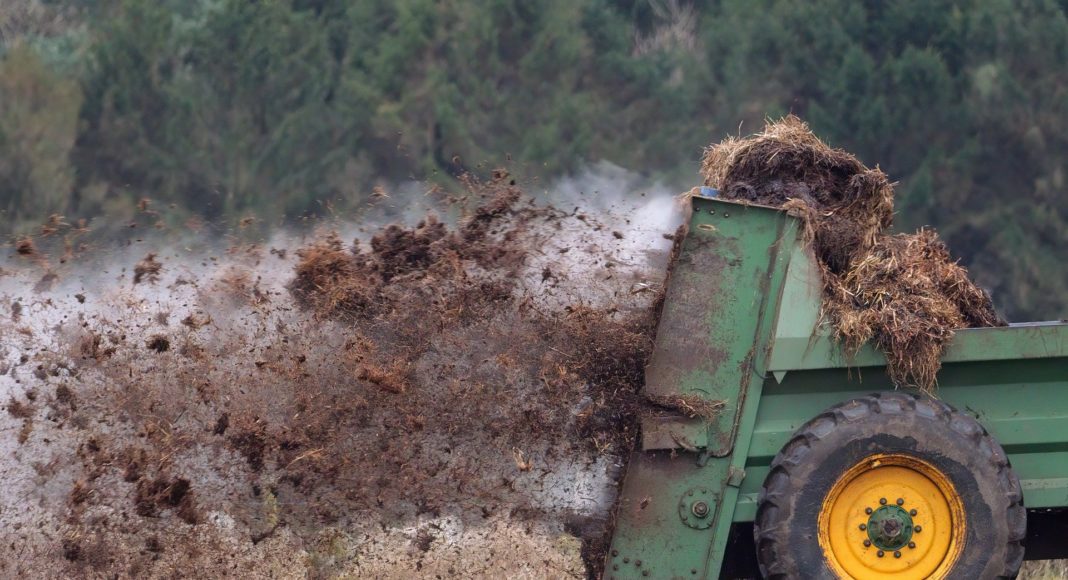How good is using livestock manure as a fertilizer for your potatoes?
Livestock manure has been used as a fertilizer for potato fields for decades, however the exact benefits of using it hasn’t always been clear. As part of an eight-year study Amber Moore, a soil fertility specialist at Oregon State University, looked into how effective dairy cow manure is for crops. Her findings at the United States Department of Agriculture Agricultural Research Service station in Kimberly, Idaho highlighted the pros and cons of using livestock manure to fertilize spuds. She presented these highlights during a session at the virtual Washington-Oregon Potato Conference on Jan. 27, 2021.
Between 2014 to 2018, Russet Burbanks were grown in a field at the research station as part of the study. Spring wheat was grown in the fields before potatoes, with barley grown after. Manure was spread on the fields during the fall either every year or every other year. It was applied at rates of approximately eight, 16 and 24 tonnes per acre on a dry weight basis, or on a wet basis at 16, 32 and 48 tonnes per acre.
In the fields where manure was spread every other year, Moore found increases in nitrogen organic matter, potassium, boron, soluble potassium and sodium absorption ratio, and phosphorus. When manure was applied annually, almost all nutrients saw a boost except for soil iron and phosphorus, with calcium levels dropping.
“This suggests that manure could be used to improve soil health by improving soil organic matter concentrations in the soil with repeated applications. Although with that said, we’re also accumulating nitrogen, phosphorus, salts, especially at the highest application rates and frequencies. Nitrogen and phosphorus may contribute to water quality issues. Also, potatoes are salt sensitive, therefore excessive salt accumulations above established thresholds are not ideal,” Moore explains.
For plant uptake, they discovered large amounts of potassium in the tops of potato plants, and drops in magnesium, copper and chloride levels. In the tubers phosphorus levels jumped, with increases also noted in potassium, magnesium and manganese levels and decreases in zinc, copper and chloride levels.
“Potatoes receiving manure application treatments took up significantly more phosphorus and potassium than fertilizer treatments,” Moore says. “Usually, we think of corn or wheat or other crops where you remove the whole plant as plants that you use to remove phosphorus from the field and not potatoes. But because the majority of the phosphorus is found in the tubers, the potato harvest is actually quite effective for removing phosphorus.”
It was determined biennial manure treatments didn’t affect yield, tuber size, gravity, tuber moisture, sugar ends, fry quality glucose, sucrose, bruising, shatter, modeling, hollow heart, pinkeye, or wireworm damage. Annual treatments though did see some effect on yield with gravities dropping and more small tubers instead of larger ones developing, however other characteristics weren’t affected.
Related Articles
Roundtable — The Latest Practices for Use of Liquid and Dry Fertilizers











